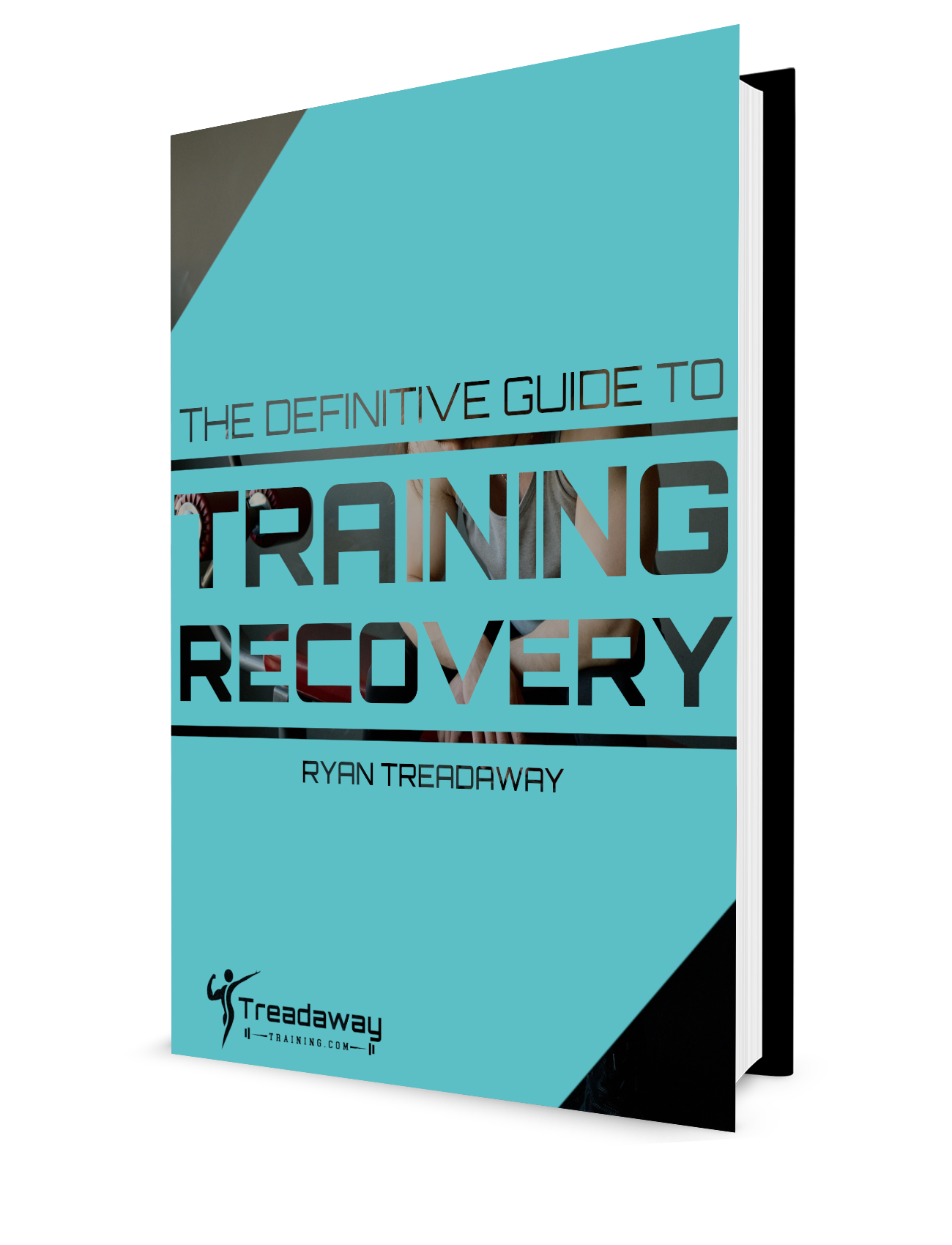Word Count: 695
Average Read Time: 2 minutes 32 seconds
You’ve been going to the gym consistently for a while now and you’re making great progress towards your goal, but there’s a problem. You’ve noticed your workouts haven’t been as enjoyable. Whether it be that you’re physically worn down, mentally worn down, or both, you just feel like you need a break. Is taking a break from your workout program a good idea though?
Yes and no. There are two important things to consider, the physiological implications of taking a break from your program and the psychological implications.
Physiological Effects of Training Breaks
From a physiological prospective, taking an occasional break can be a good thing. If you train all-out, all the time, you’ll build up fatigue over time and eventually enter a state of over-training.
In a state of over-training, your joints may begin to hurt, your progress will slow or stop, you’ll be constantly tired, and you’ll have a higher likelihood of getting sick or injured.
To avoid this, I program structured breaks into my clients’ programs. These breaks allow accumulated fatigue to dissipate so that we can go back to crushing our workouts. The key word there is structured. You shouldn’t be just completely laying out of the gym. This is where the psychological effects of taking a break from your program comes in.
(There are also a few things you can do within your workouts and daily routine to manage fatigue and burn out but we’ll talk about that next week.)
Psychological Effects of Training Breaks
You’ve been working out for a while. Going to the gym is automatic. It’s ingrained into your weekly routine. You don’t even have to put much thought into it. It’s a habit. It just happens.
That likely wasn’t always the case though.
Think back to when you first started working out. It was hard. You may not have liked it that much. You probably thought it was eating into your free time. There’s a good chance you had to force yourself to go the gym most of the time.
Now ask yourself these two questions:
How hard is it to cement a good habit?
How easy it to let a good habit slip?
Your training may be a fully cemented good habit, but if you lay out of the gym for a week, two weeks, or a month, there’s a good chance that cement may start to crack. So the question is, how do we take a break from training that doesn’t put us in danger of breaking our workout habit?
Do you want to maximize training recovery?
Become an insider and learn my scientifically proven process for training recovery that will help you finally get the body you've always wanted. Simply enter your email below and the eBook will be sent to your inbox!
The answer is to take a deload week. A deload week is simply a week of active recovery. As the name implies, you’re remaining active, but the focus is on recovery. The idea is pretty simple. During a deload week, you will do fewer sets, less weight, and fewer reps than normal.
The effort level of the workouts will be significantly lower, allowing for both physiological and psychological recovery; however, since you aren’t laying out of training completely, you’re not endangering the training habit.
A basic deload week could be as simple as knocking one set off of each exercise, performing the bottom end of your target rep range, and decreasing the weight by 10%. I program a deload similar to this into my client’s programs every four weeks, starting after about 12 weeks of training.
example
Week before deload:
Bench Press: 3 sets of 10 - 12 reps with 200 pounds
Deload week:
Bench Press: 2 sets of 10 reps with 180 lbs
If you are significantly worn down and need a substantial break from the gym, you could even do 2-3 deload weeks in a row. (I wouldn’t recommend doing this long of a break very often though. The goal is to make progress, after all.)
I wrote a full post about the technical aspects of deloads and how you can use them to boost performance, which you can read here.
Thank you so much for reading! If you found this information helpful and want to help the Treadaway Training blogcast grow, simply share this post with a friend. If you like what I have to say, sign up below to become a Treadaway Training Insider or check out my YouTube channel. I will be back here Saturday with another body transformation topic. As always, God bless you AND your family and I'll see you Saturday.










